Exhaust
Muffler, pipes, catalytic converter, exhaust manifold, heat shields, leaks.
What Owners Say
"This is my husbands car I don't know what problem he had but I think it was significant."
Anonymous, HI (2018 BMW 3 Series Unsure)"PCV valve was beginning to fail causing excessive oil usage. Finally within 4 months, blue smoke began to exit exhaust system. At that point, BMW dealer service diagnosed problem of the PCV valve, and replaced with new PCV valve. Only issue is the PCV valve is integrated with the cylinder head cover. So replacing the integrated PCV and cylinder head cover cost $1800, but I had purchased extended maintenance when I bought the car after my lease was up; so I only had to pay $50 deductible. This totally resolved the issue. My car runs as well as when it was new."
Anonymous A., TX (2018 BMW 3 Series 340i 3.0-L 6 Cyl turbo)


















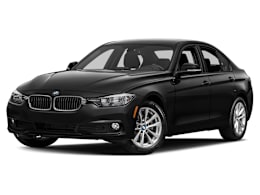
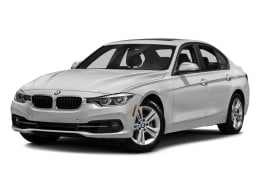
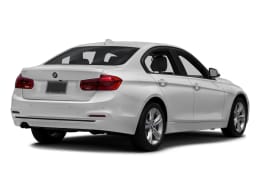
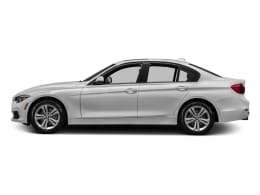
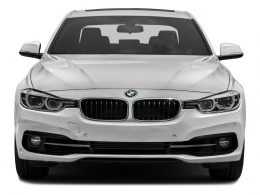
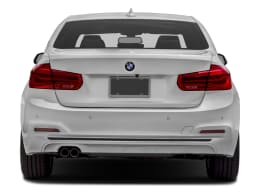
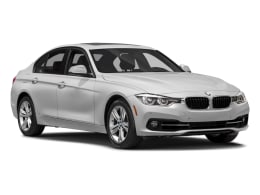
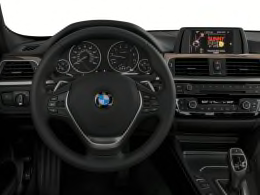

"It had a coolant leak that has been the subject of a recall but after a $1200 out of pocket repair."
Anonymous A., (2018 BMW 3 Series 330i 2.0-L 4 Cyl turbo)